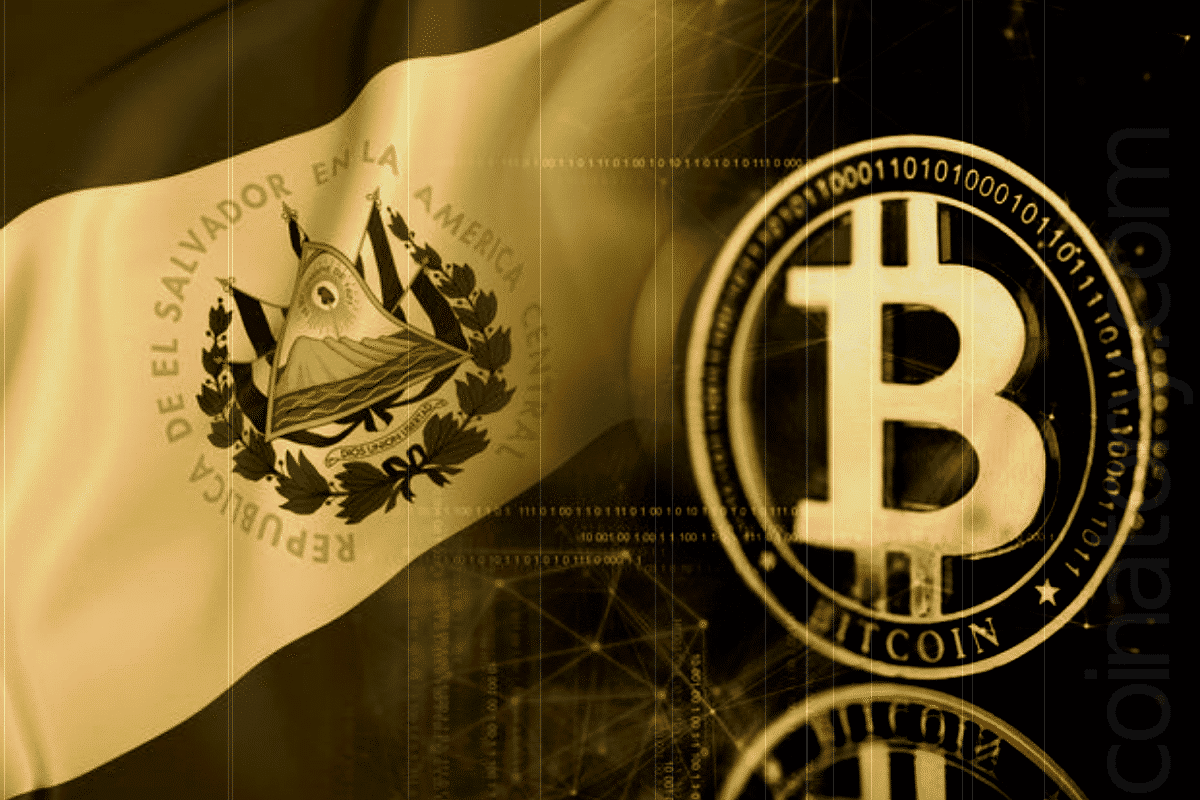
Three years after becoming the first nation to adopt Bitcoin as legal tender, El Salvador has recorded a profit of over $31 million from its Bitcoin investments, despite initial global skepticism.
On September 7, 2021, El Salvador made history by officially embracing Bitcoin as legal tender. This unprecedented move aimed to boost financial inclusion, streamline remittance payments, and position the country as a hub for financial innovation. President Nayib Bukele’s bold decision has since placed El Salvador at the forefront of the digital currency revolution, earning it recognition as a pioneer in the space.
According to Alex Momot, founder and CEO of the crypto trading platform Peanut Trade, “El Salvador’s Bitcoin experiment can be viewed as a success. While it’s premature to label all aspects as successful, the country has clearly derived some notable advantages.”
El Salvador’s strategy of dollar-cost averaging into Bitcoin, purchasing one Bitcoin daily, has resulted in substantial gains. As of September 7, 2024, Bitcoin was trading at $54,300, yielding the nation a $31 million profit. The country’s average purchase price for Bitcoin stands at $43,877 per BTC, according to the Nayib Bukele Portfolio Tracker.
This profit strengthens Bukele’s position and lends further credibility to his decision, as highlighted by Momot: “The financial gains add a layer of validation to Bukele’s bold cryptocurrency experiment, despite early criticisms.”
El Salvador currently holds 5,865 Bitcoins, valued at over $318 million based on current prices, as per the nation’s treasury. However, the journey hasn’t been without challenges. After Bitcoin’s peak in November 2021, when it hit $69,000, the cryptocurrency’s value plummeted following the FTX collapse, sinking as low as $16,000. This steep drop initially pushed El Salvador’s Bitcoin holdings into the red.
Despite the financial gains, few countries have followed El Salvador’s lead. In April 2022, the Central African Republic became the only other nation to adopt Bitcoin as legal tender, leveraging the digital currency to drive economic growth and financial inclusion. However, larger economies have hesitated to make similar moves, largely due to their reliance on international creditors, who strongly oppose such measures.
Momot notes, “The larger the economy, the more risks involved with adopting Bitcoin, especially given the global financial system’s interdependencies.”
Although pressured by the International Monetary Fund (IMF) to reverse its 2021 decision, El Salvador’s early adoption has since inspired institutional interest in digital currencies worldwide. In Latin America, Brazil has expressed interest in developing a legal framework for Bitcoin, but concrete steps toward adoption remain unimplemented.







